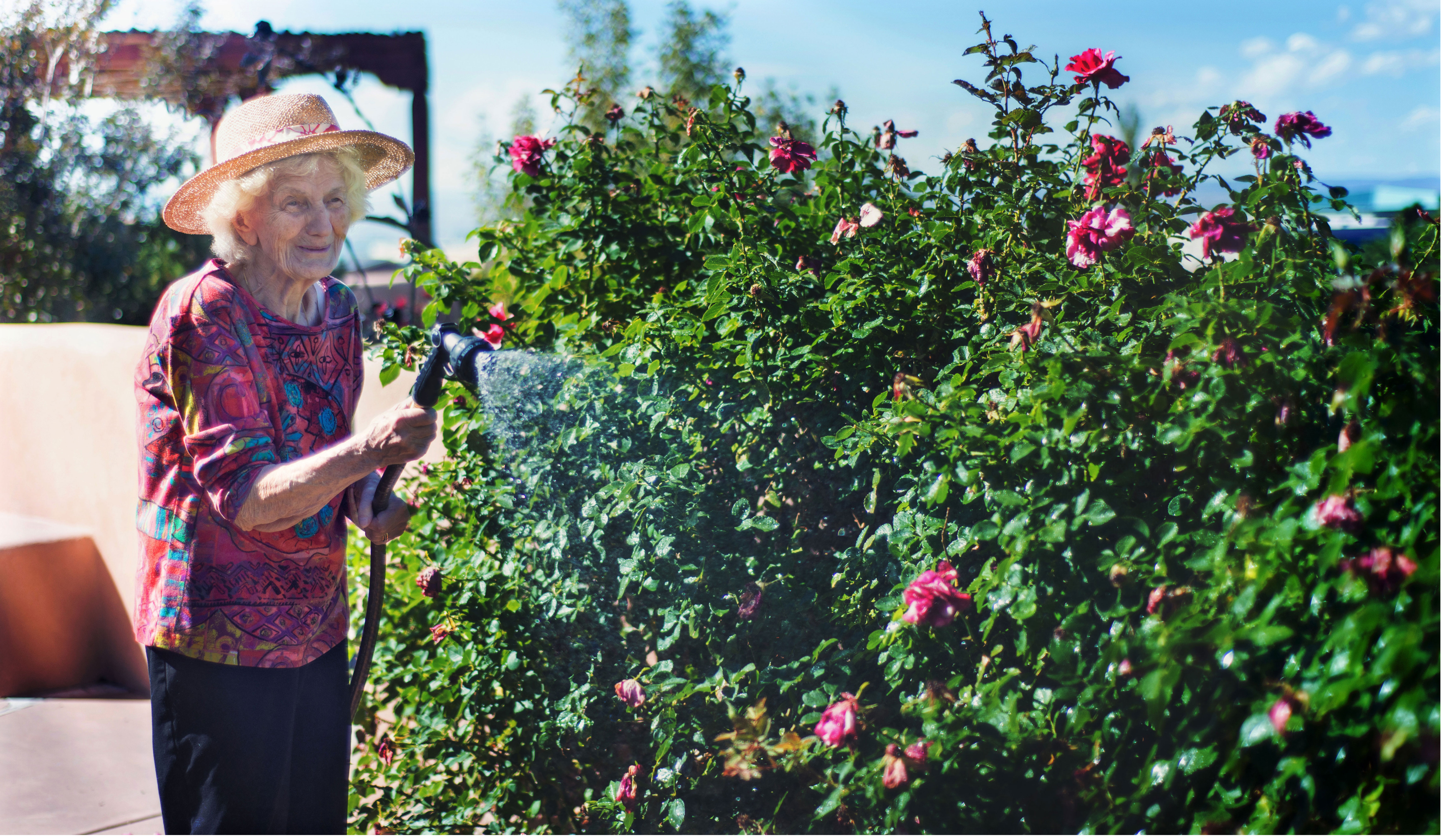Award-winning paper by design prof details link between brain health, everyday gardening tasks

Susan Rodiek
Typical gardening tasks can help older adults stave off age-related cognitive decline, said Susan Rodiek, Texas A&M associate professor of [architecture] (http://dept.arch.tamu.edu) , in an award-winning [paper] (https://www.scirp.org/journal/PaperInformation.aspx?PaperID=79572) that brought international attention to research conducted by two colleagues at a Japanese university.
In the project, Masahiro Toyoda and Yuko Yokota, landscape design scholars at the University of Hyogo, found that the act of seeding and watering a garden activated elderly research subjects’ medial frontal pole, a part of the brain involved in cognitive processing tasks such as the recollection of source information, episodic memory retrieval, and other functions.
“Activity in this part of the brain has the potential to contribute to the maintenance or even improvement of people’s cognitive functions,” said Rodiek. “This finding provides a clue to how daily gardening activities could become a useful tool in the prevention of dementia.”
Rodiek’s paper, which earned the 2018 Charles Lewis Excellence in Research Award from the American Horticultural Therapy Association, was [published] (https://www.scirp.org/journal/PaperInformation.aspx?PaperID=79572) October 12, 2017 in the Journal of Behavioral and Brain Science.
Although horticultural therapy is a well-researched topic in Asia, the field is relatively undeveloped in the U.S. and Canada, said Rodiek.
“Few horticultural therapy studies have been published in English,” said Rodiek. “The publication of this study in an English-language journal is a good contribution to the field.”
Rodiek, who focuses on design for aging and healthcare settings as well as human behavior research, is a faculty fellow at the Texas A&M [Center for Health Systems and Design] (http://chsd.arch.tamu.edu) .
Tags
Related Posts

Italians using Rodiek’s 2007 outdoor survey

College symposium spotlights faculty research Oct. 24

Oct. 29 symposium spotlights college, faculty research

Oct. 23 symposium spotlighted college, faculty research

Nigerians receive LAND students’ plan for medical city
Follow Us
Facebook Twitter Vimeo Youtube Flickr RSS
Recent Posts

Planning prof heads study of disaster housing aid

A message from the dean

Former student remembered as expert planner

Leading educator named new head of Architecture Dept.





_thumbnail_small.png)
